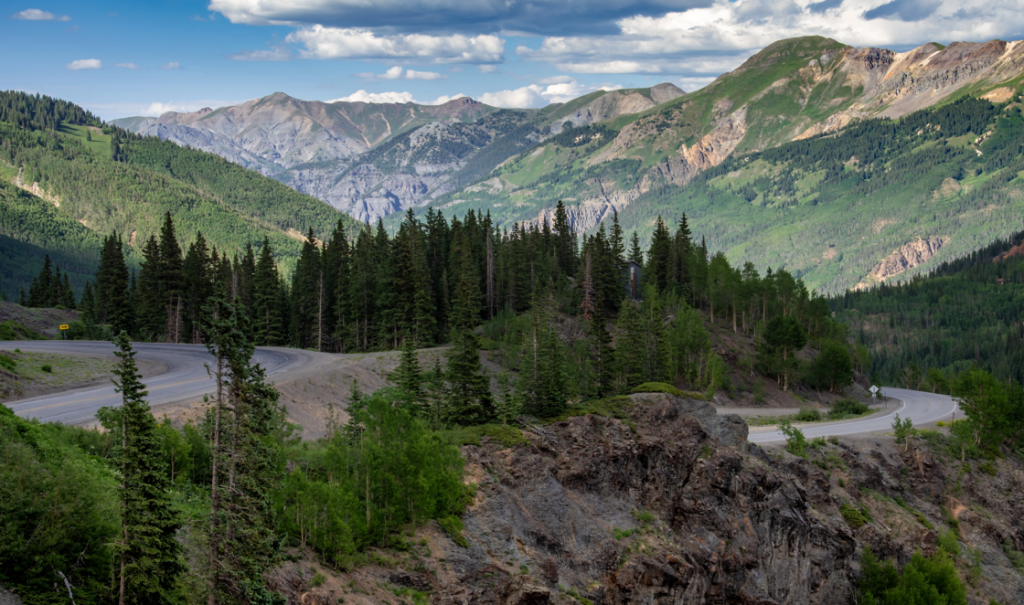In a heartbreaking turn of events, a recent expedition into the mountains with aspirations of living off the grid led to a devastating outcome.
The bodies of two women and a teenage boy were discovered in Gunnison National Forest, highlighting the perils of embarking on such a venture without adequate preparation. The victims, Rebecca Vance, aged 42, her 14-year-old son, and her 41-year-old sister Christine, had set out to embrace a self-sufficient lifestyle inspired by YouTube tutorials, only to encounter a harsh reality they were ill-equipped to face.
The harrowing discovery of the remains of Rebecca, her son, and her sister has cast a grim spotlight on the consequences of pursuing off-grid living without essential survival skills. The trio’s desire to disconnect from modern society and its challenges had drawn them to the wild, guided primarily by online tutorials. However, this romanticized notion of self-sufficiency collided with the unforgiving nature of the wilderness.
Rebecca Vance had convinced her family to embark on this journey, fueled by a sense of disconnect from society. Despite their hours spent absorbing YouTube tutorials and TV shows on off-grid survival, their lack of practical experience became their downfall. Their makeshift campsite, nestled in Gunnison National Forest, revealed the hasty nature of their preparations. With only a tent for shelter and limited supplies of canned food and ramen noodles, they stood ill-prepared for the harsh realities of the wild.
Rebecca’s sister, Trevala Jara, regretted their lack of hands-on training. She emphasized the distinction between absorbing survival knowledge through screens and the actual demands of living off the grid. The family’s fate illuminated the critical difference between theory and practice, a lesson learned too late.
While many survival tutorials feature emergency buttons for aid, this convenience eluded the Vance family. Cut off from communication, they faced impossible odds. Although the exact circumstances of their demise remain uncertain, exposure to severe weather and malnutrition appear to be likely contributors. Their campsite’s unfinished shelter project spoke to their earnest attempts to adapt, but the harsh environment proved relentless.
Trevala and her husband, who had tried to discourage the ill-fated expedition, speculated that the family initially thrived during the milder months but faltered when winter’s grip tightened. The unforgiving terrain exposed their vulnerability with its extreme cold and treacherous conditions. In the words of Trevala’s husband, “These mountains are a beast.” Instead, their misguided attempt to seek refuge from societal woes had thrust them into an even more formidable battle for survival.
Rebecca’s decision to shield her son from the uncertainties of post-pandemic society tragically unraveled due to their lack of expertise and inadequate preparation. Trevala’s poignant hope is that the Vance family’s story serves as a stark reminder that embracing the off-grid lifestyle requires genuine proficiency, echoing the sentiment that one cannot merely switch off the conveniences of the modern world without consequence.
The allure of self-sufficiency may be appealing, but venturing unprepared into the wilderness can have dire consequences, as the Vance family’s heartbreaking tale painfully illustrates.

